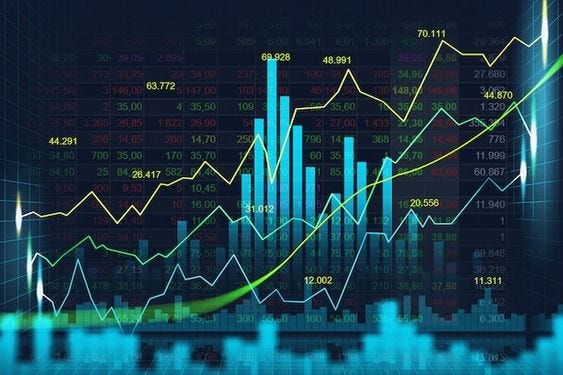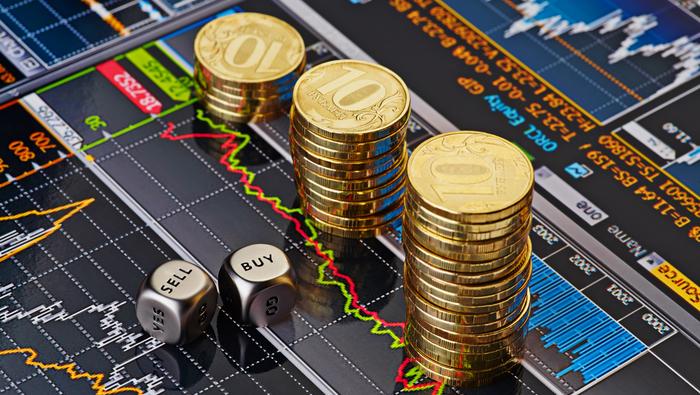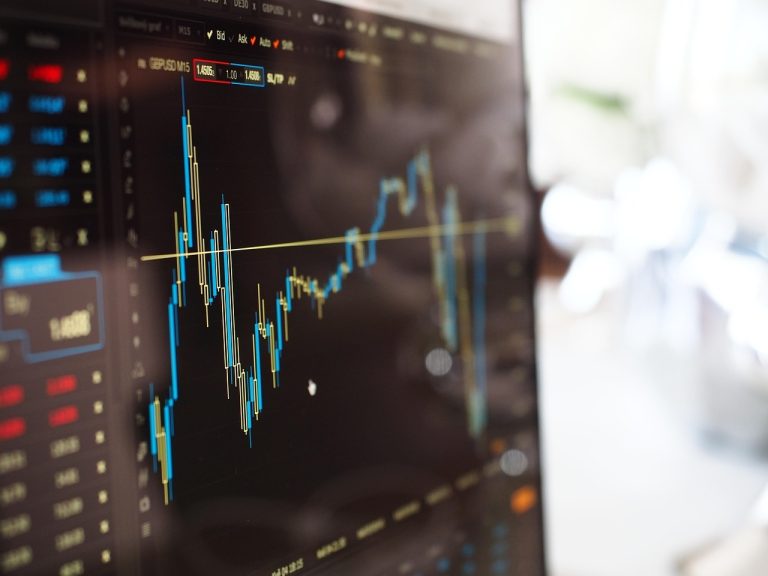Mastering Global Foreign Exchange The global foreign exchange (Forex or FX) market is a realm of financial intricacy and profound opportunities. With an average daily trading volume surpassing $6 trillion, it stands as the largest financial market worldwide. To navigate and excel in this dynamic and complex landscape, one must embark on a journey towards Mastering Global Foreign Exchange and Mastering Global Foreign Exchange. This journey involves understanding and mastering international currencies and delving into the depths of Mastering Global Foreign Exchange.
Deciphering the Forex Universe: A Primer
Before we embark on the quest for mastering global foreign exchange, let’s take a moment to understand the fundamental components of this dynamic financial world.
Understanding Foreign Exchange (Forex)
Forex, also known as the currency market, FX, or the foreign exchange market, is where various currencies are traded. It’s a decentralized marketplace that operates 24 hours a day, five days a week. Currencies are bought and sold in pairs, with the exchange rate indicating the value of one currency in terms of another.
Currency Pairs
Each trade in the Forex market involves two currencies, forming a currency pair. These pairs can be classified into three categories: major pairs, minor pairs, and exotic pairs. Major pairs include the most traded currencies globally, while minor and exotic pairs feature currencies from smaller or emerging economies.
Market Participants
Several key players participate in the Forex market, such as banks, financial institutions, corporations, retail traders, and central banks. Central banks, in particular, hold significant influence over their respective countries’ currencies.
Global Forex Mastery: A Journey of Learning and Proficiency
The quest for global Forex mastery is a continuous journey, an unceasing learning experience that navigates the intricacies of international currencies, market dynamics, and trading strategies. This voyage is marked by several vital milestones, each contributing to one’s mastery of Forex.
1. Currency Fundamentals
Mastery begins with a fundamental understanding of currencies and the factors that influence their value. Economic indicators, monetary policies, political events, and geopolitical developments all impact currency markets.
2. Market Analysis
An expert trader must develop the ability to analyze the Forex market. Two primary methods are employed for this purpose: technical analysis, which focuses on price charts and patterns, and fundamental analysis, which assesses economic, political, and social factors.
3. Risk Management
A master of global Forex acknowledges that risk is inherent in trading. Effective risk management strategies are crucial to protect against substantial losses and ensure longevity in the market.
4. Trading Strategies
Trading strategies are the cornerstone of proficiency. These strategies may range from day trading and swing trading to scalping and position trading. Traders must master one or more of these methods to suit their risk tolerance and objectives.
5. Trading Psychology
Psychological mastery is equally important in Forex. The discipline to follow a trading plan, control emotions, and manage stress distinguishes successful traders.
Foreign Exchange Expertise: The Cornerstones of Forex Proficiency
The journey towards Forex expertise encompasses multifaceted aspects that culminate in the development of Forex Proficiency. These cornerstones provide the framework for gaining a deep understanding of international currency markets and the art of trading.
Technical Analysis
Technical analysis involves the study of price charts, patterns, and indicators to forecast future price movements. Mastery in technical analysis equips traders with the ability to interpret price charts and identify trends.
Fundamental Analysis
Understanding economic and political events on a global scale is at the heart of fundamental analysis. This knowledge enables traders to make informed decisions based on economic indicators, central bank policies, and geopolitical developments.
Risk Management Strategies
Risk management strategies form a critical component of Forex expertise. These encompass position sizing, stop-loss orders, and leveraging, ensuring that traders safeguard their capital and minimize losses.
Developing Trading Plans
An integral element of proficiency is the creation of comprehensive trading plans. These plans outline a trader’s objectives, risk tolerance, and strategies for entry and exit points.
Emotional Intelligence
The ability to master emotions and maintain emotional discipline while trading is a distinctive trait of Forex experts. Controlling emotions, such as fear and greed, prevents impulsive decisions and irrational actions.
The Profound Impact of Forex Mastery: Beyond Profit
Forex mastery extends beyond the realm of profit. It has a profound impact on an individual’s financial intelligence, discipline, and decision-making abilities. Here are a few key areas where the impact of Forex proficiency is felt:
Financial Discipline
Forex mastery instills financial discipline. Successful traders are accustomed to adhering to trading plans, managing risk, and maintaining disciplined practices.
Diversified Investment Portfolio
Forex proficiency allows individuals to diversify their investment portfolios. As they become skilled in trading currencies, they can supplement their traditional investments with Forex trading.
Global Perspective
Understanding global currencies provides traders with a broader perspective on international financial markets and economic landscapes. It fosters an awareness of global events and their implications.
Empowering Independence
Forex expertise is not confined to a specific geographical location or a nine-to-five schedule. It provides traders with the freedom to trade at their convenience and gain financial independence.
Mastering Forex: Beyond the Basics
Beyond the basics of understanding the Forex market and developing expertise, there are numerous advanced concepts and techniques that traders can explore to further enhance their mastery of global foreign exchange.
Algorithmic Trading
Algorithmic trading, often referred to as algo-trading or automated trading, involves using computer programs to execute trading strategies. These algorithms can analyze market conditions and execute trades at speeds far surpassing human capability.
Hedging Strategies
Hedging involves mitigating risk by taking offsetting positions in the market. This technique is especially useful for traders with exposure to international markets and currency fluctuations.
Correlation Analysis
Understanding how different currency pairs correlate with each other can provide valuable insights for making trading decisions. Traders may use correlation analysis to diversify their portfolios and manage risk more effectively.
Technical Indicators
Advanced traders often employ a range of technical indicators to gain insights into price movements and trends. These indicators can include Moving Averages, Relative Strength Index (RSI), and Bollinger Bands, among others.
Leveraging
Leverage, while providing the potential for increased profits, also carries higher risk. Advanced traders are well-versed in leveraging and understand how to use it effectively while managing risk.
Result: Mastering Global Foreign Exchange
It’s important to emphasize that mastering global foreign exchange is a continuous journey. Mastering Global Foreign Exchange the Forex market is dynamic, influenced by a myriad of factors, and subject to unexpected events. As traders progress from beginners to experts, they discover that learning and adaptation are constants in this endeavor.
Mastering Forex is not just about the accumulation of wealth; it’s about acquiring a unique set of skills and knowledge that empowers individuals to make informed decisions in a complex and ever-changing financial world. As traders embark on this journey of Global Forex Mastery and Foreign Exchange Expertise, they not only strive to unlock the secrets of the currency market but also endeavor to uncover the full extent of their own potential.






